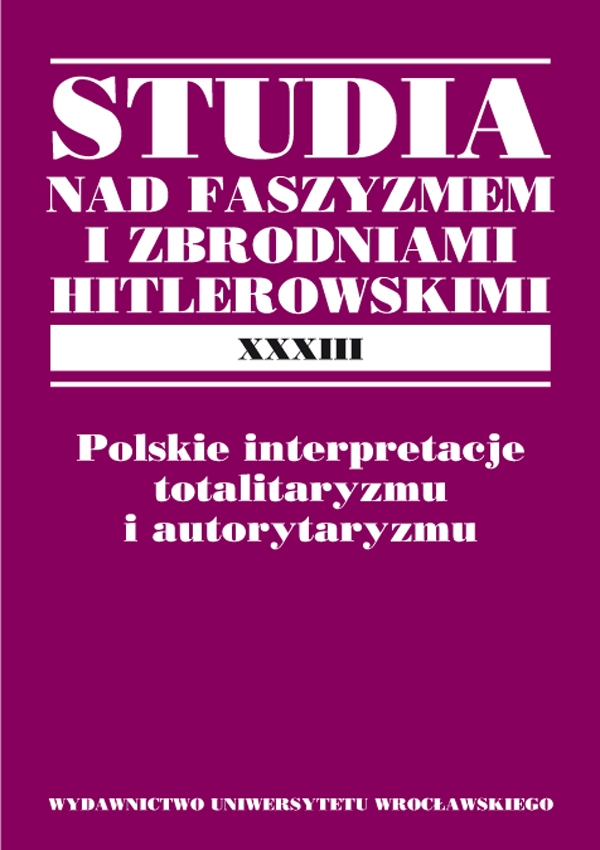

Artykuły

THE COMMUNITY OF THE CATHOLIC UNIVERSITY OF LUBLIN TOWARDS TOTALITARIANISMS 1918–1989
The Catholic University of Lublin KUL, established in 1918, has played a very important role in the most recent history of Poland, particularly under the Communist rule after 1945. During the 1944–1989 period it was the only scholarly center in the whole Communist bloc in which scientific research was conducted in a manner which was free from the influences of Marxist ideology. Since 1948, Communist authorities — using various methods, including financial and administrative pressures — attempted to cause the cessation of University’s operation. KUL community was subject to intensive invigilation by political police; these activities lasted practically up to the very implosion of the political system in 1989. The scientific research on the phenomenon of totalitarian regimes — especially Bolshevism and National Socialism — was already undertaken at KUL in the third and fourth decade of the 20th century, almost since their emergence. In the interwar period scholarly refl ection upon various aspects of totalitarianisms was present in the works of A. Szymański, H. Dembiński, I. Czuma, J. Pastuszka, S. Wyszyński. During the 1944–1989 period, despite the lack of freedom and rampant censorship, the critical evaluation of the socialist regime was presented by such KUL scholars as I. Czuma, A. Słomkowski, A. Krąpiec, C. Strzeszewski, J. Majka, W. Piwowarski, L. Czuma, F. Blachnicki, and many others. A lot of the above-mentioned intellectuals were persecuted for their unshakeable beliefs. Such repressions often included obstacles in the professional career-path of these scholars, and sometimes even incarceration. Summing up, it needs to be emphasized that the contribution of the Catholic University of Lublin community to the reflection on contemporary totalitarianisms is significant.